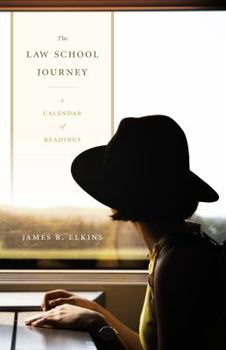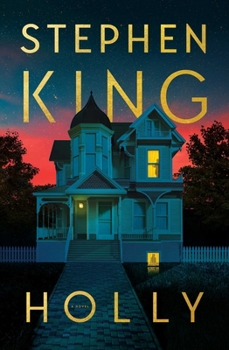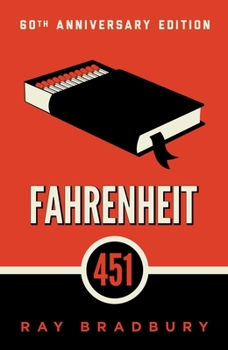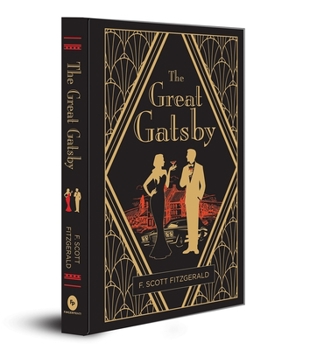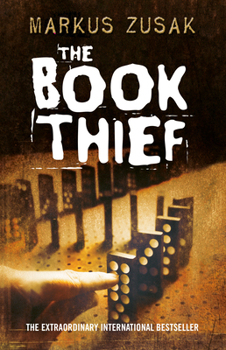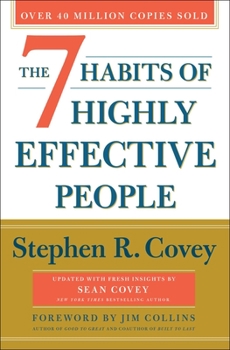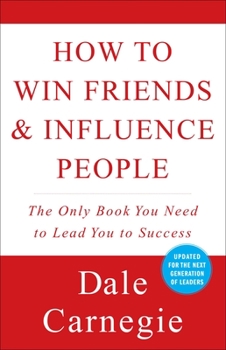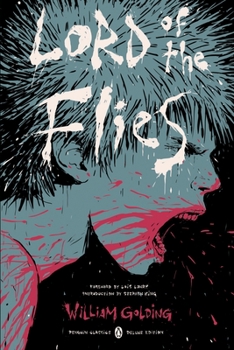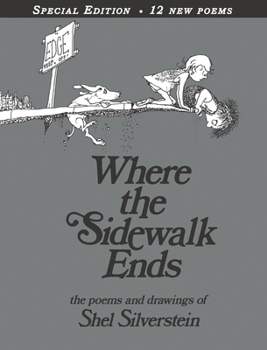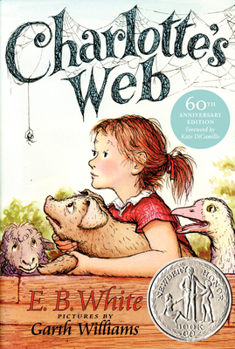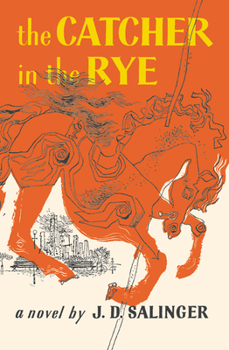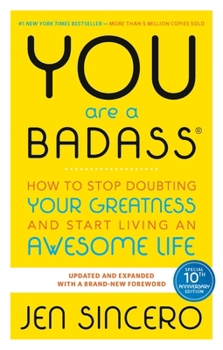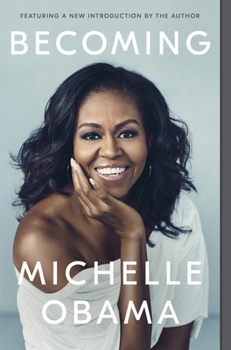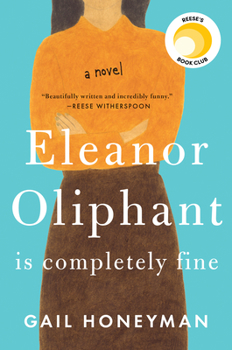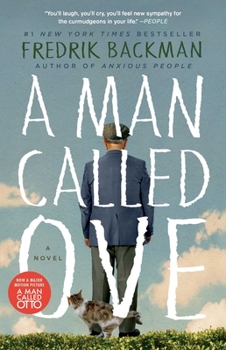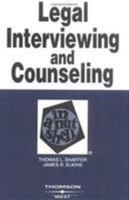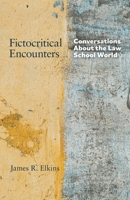The Law School Journey: A Calendar of Readings
Select Format
Select Condition 
Based on Your Recent Browsing
Book Overview
In The Law School Journey, James R. Elkins offers students a newly minted view of legal education that follows in the humanistic tradition of Karl Llewellyn's The Bramble Bush and James Boyd White's The Legal Imagination: Studies in the Nature of Legal Thought and Expression. In this engaging collection of commentary and readings, Elkins invites students (and their teachers) to reflect on the nature of law school work, the culture in which it takes...
Format:Paperback
Language:English
ISBN:1531017037
ISBN13:9781531017033
Release Date:March 2020
Publisher:Carolina Academic Press LLC
Length:227 Pages
More by James R. Elkins
Customer Reviews
4 customer ratings | 4 reviews
There are currently no reviews. Be the first to review this work.







